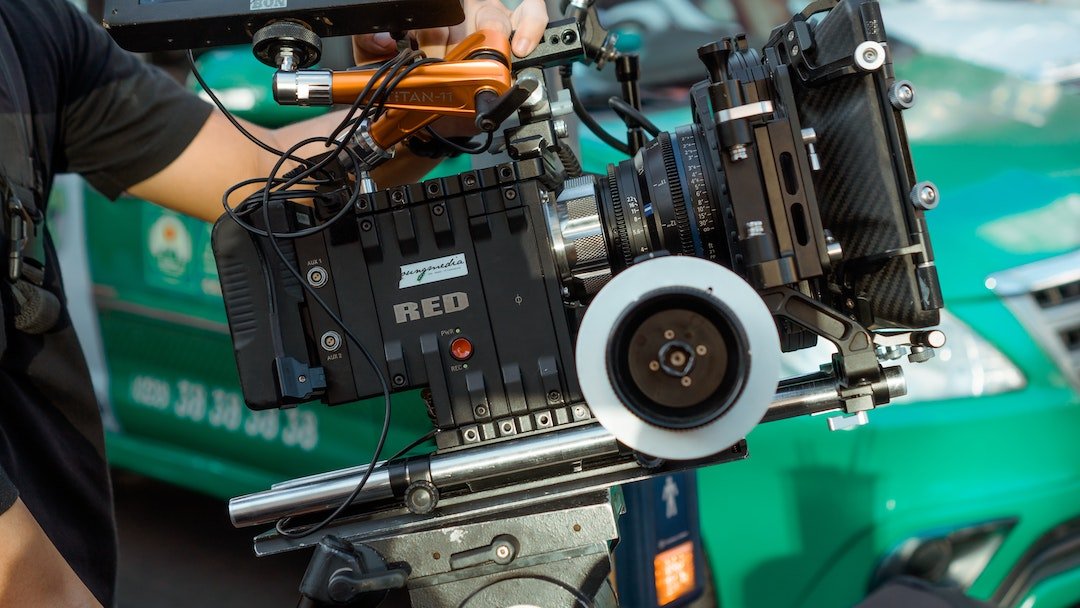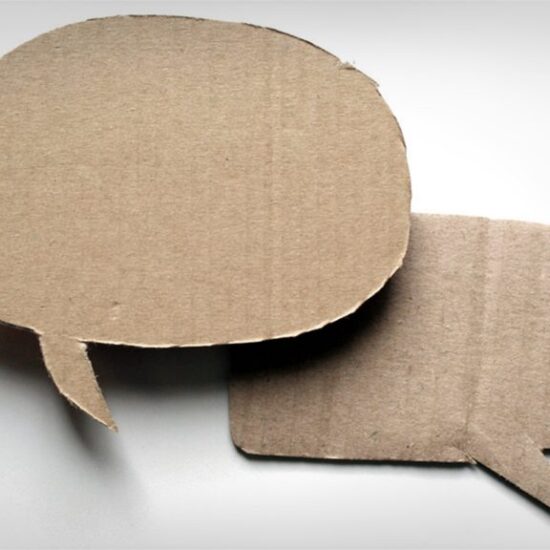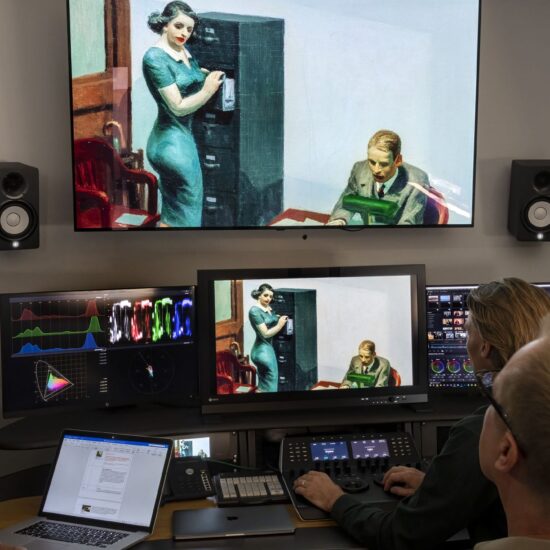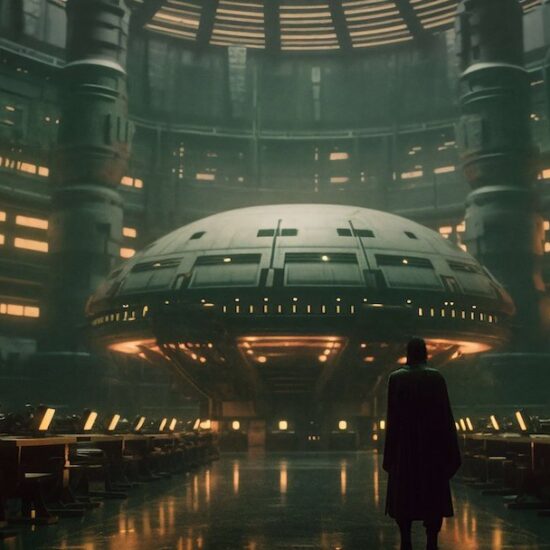
Artificial intelligence (AI) has rapidly advanced in recent years, leading to concerns that it could replace human workers in various industries. The film industry is no exception, and many people are wondering whether AI will eventually put filmmakers out of a job. In this blog post, we’ll explore the role of AI in filmmaking and whether or not it poses a threat to human filmmakers.
AI in Filmmaking: What is it?
AI technologies, such as machine learning and natural language processing, are already being used in various aspects of filmmaking. For example, AI algorithms can analyze audience behavior and preferences to help filmmakers make better decisions about the content they produce. AI can also be used in the pre-production process to analyze scripts and provide recommendations for improvements.
Another area where AI is making an impact in filmmaking is post-production. Video editing tools like Adobe Premiere Pro and Final Cut Pro already use AI to automate some tasks, such as audio and color correction. AI algorithms can also be used to create special effects, such as CGI characters and landscapes.
However, despite these advancements, AI is still limited in certain aspects of filmmaking. For example, while AI can generate basic storylines and scripts, it cannot replicate the creativity and emotion that human filmmakers bring to their work. Similarly, AI cannot replicate the human touch in the more nuanced aspects of filmmaking, such as directing actors and capturing authentic performances.
The Role of Human Filmmakers
The use of AI in filmmaking raises important questions about the role of human filmmakers. While some may argue that AI technologies will replace human filmmakers entirely, others argue that AI will complement and enhance human creativity, rather than replace it.
At its core, filmmaking is a creative endeavor that requires imagination, intuition, and human emotion. While AI can automate certain tasks, such as video editing and special effects, it cannot replicate the human perspective and decision-making process that goes into making a film.
Furthermore, filmmaking is a collaborative process that involves the contributions of many different professionals, including writers, actors, editors, and cinematographers. AI may be able to perform certain tasks, but it cannot replicate the collaborative energy and creative synergy that comes from a team of human professionals working together towards a common goal.
The Future of Filmmaking
While it’s impossible to predict the future of AI in filmmaking with certainty, it’s clear that AI will continue to play an increasingly important role in the industry. However, it’s important to remember that AI technologies are tools that can assist human filmmakers, rather than replace them entirely.
In fact, some experts argue that AI could actually enhance the creative process by providing new insights and perspectives that human filmmakers may not have considered. For example, AI algorithms can analyze vast amounts of data to identify patterns and trends that may be useful in developing new and innovative storylines.
At the same time, it’s important to recognize that AI is not a substitute for human creativity and emotion. While AI technologies may be able to automate certain tasks, they cannot replicate the human perspective and decision-making process that goes into making a film. Human filmmakers bring a unique perspective and a level of emotional intelligence that cannot be replicated by machines.
Conclusion
In conclusion, AI is an increasingly important tool in the film industry, but it is not going to put filmmakers out of a job. While AI technologies can automate certain tasks and provide useful insights, they cannot replicate the human touch and creativity that human filmmakers bring to their work.
Filmmaking is a collaborative process that involves many different professionals, and AI is just one tool that can assist them. Human filmmakers bring unique perspectives, emotional intelligence, and intuition that cannot be replicated by machines. In fact, AI could enhance the creative process by providing new perspectives and insights that human filmmakers may not have considered.
The future of filmmaking is likely to involve an increasing use of AI technologies, but it will still depend on the creativity and emotional intelligence of human filmmakers. AI will be a useful tool that complements and enhances human creativity, rather than replacing it entirely. Ultimately, the role of AI in filmmaking will depend on how well it is integrated into the collaborative creative process, and how well it is able to serve the needs of human filmmakers and audiences alike.
Raindance promotes and supports independent filmmaking and filmmakers.
From new and emerging to industry pros, Raindance connects, trains, supports, and promotes visual storytellers through every step of their career.
The Raindance Film Festival runs each Autumn in London’s Leicester Square.
Raindance has been delivering film training since 1992. A wide range of Open Classes to a 2 year HND Level 5 BTEC in Moving Images to a Postgraduate Film Degree are delivered to students on five continents, both in person and online.














